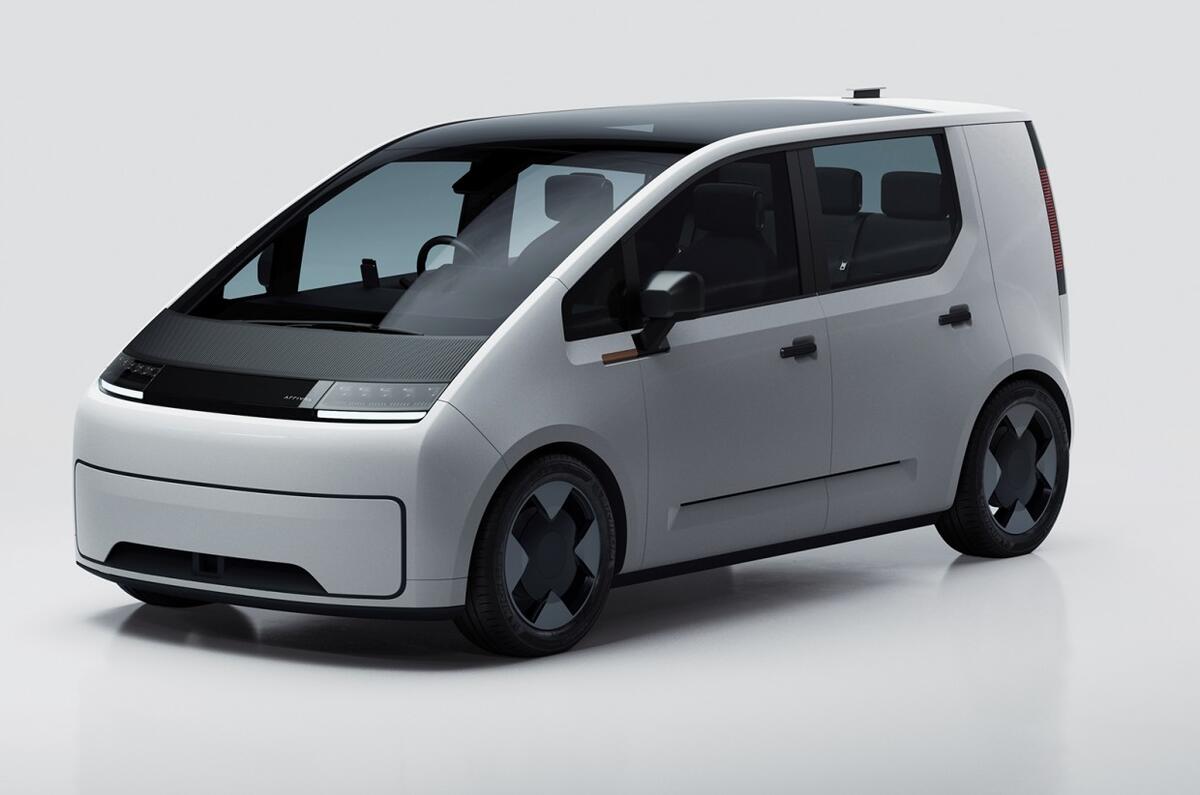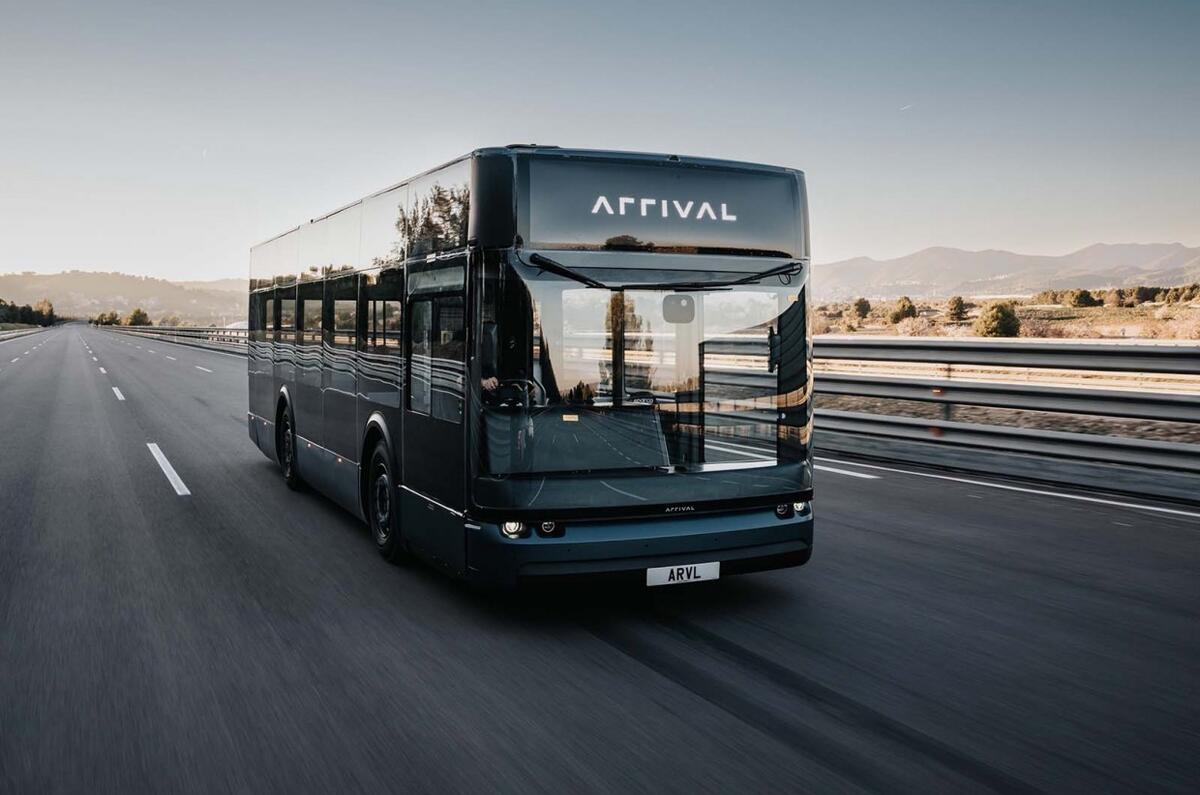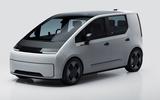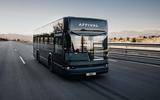UK electric vehicle start-up Arrival has put on hold development of its ride-hailing car and stopped trials of its electric bus in a bid to save cash, the Financial Times has reported.
The company, based in Banbury, Oxfordshire, announced in July it might have to lay off up to 800 employees in order to preserve funds ahead of the scheduled production start of its electric van in the autumn.







Add your comment